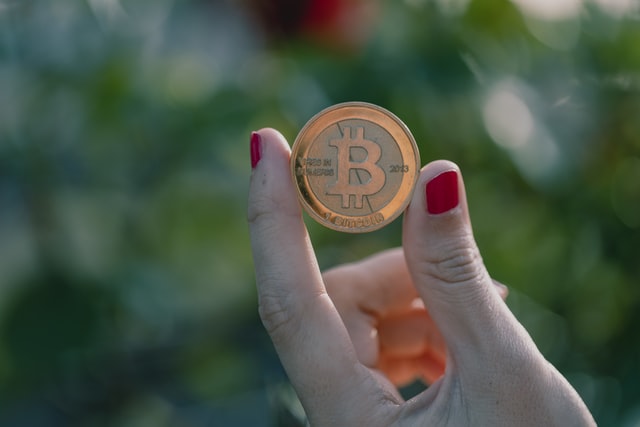
Bitcoin or Bust?
There was an interesting story doing the media rounds last week about a young Brisbane investor who made millions on Bitcoin. It’s a classic ‘rags to riches’ story about a university student who managed to strike it rich. He bought a house, motorbikes, a boat … but as he found out – there were some heart thumping moments that came with the severe market volatility and he wondered if he might actually face financial ruin.
By Jim Vass
The new landscape of digital investments
In many ways, cryptocurrencies remind me of the initial days of trading domain addresses and personalised plates, which in some obscure way became collectables with people making ridiculous sums of money.
The new and emerging market of NFTs (Non-fungible tokens) seems to be operating in a similar way. There appears to be little rhyme and reason why these markets fluctuate so severely. And for a seasoned investor, an accountant, and a qualified financial planner this sounds like a nightmare.
Don’t misunderstand me – I remain open to the new landscape of investments, but these are not ones I would recommend, just yet.
Perhaps, in a few years’ time we will transition to more adventurous investments outside of the traditional stocks and shares and property markets, but from the outside looking in, success in the digital investments space seems to rely heavily on a good degree of good luck and fortuitous timing. This combination might make a handful of overnight millionaires but it will bankrupt more than a few, too.

Take a calculated risk
These unregulated markets have a lot of appeal to the younger generations – and that’s ok, they’ve got time to recoup losses and build their wealth. Many of us don’t have that luxury and with the global markets currently showing a degree of turbulence, a little stress goes a long way.
The golden principle of investing is that if it sounds too good to be true, then it probably is. The second golden rule is that building wealth takes time – steady progress is good progress. The third is that calculated risk is the best kind of risk – a diversified portfolio is a must.
It’s important to remember too that if you do manage to make money from any of these crypto currencies and other digital investments, your returns are taxable. The ATO has already mooted that this is one area it will be heavily focused on this tax year.
According to figures from ASIC, more than 800,000 Australian taxpayers have transacted in digital assets in the past three years, with a 63 per cent increase in 2021 compared with 2020.
For a while now we have debated the role of cryptocurrencies as part of the financial landscape of the future, but many believe it is not the currencies themselves, but the blockchain technology that hosts them, which will be much more important to the way we conduct transactions.
From a regulatory point of view it’s also important to remember that there is currently no protection if a platform is hacked or suffers a technology mishap.
The Federal Government and ASIC are also still working through ways in which they can provide some regulation around cryptocurrencies and other emerging digital investments in order to better protect consumers, particularly around the advice they’re getting from service providers who provide guidance and access to crypto assets.
Too soon for real certainty
The media hype can be tempting, but most seasoned investment experts agree that it’s simply too early to tell how things will pan out in this space. Of course, all investing comes with risk, but it’s important to understand that risk.
That’s not to say it wouldn’t be fun to play around with digital investments if you’re curious, but just take it easy. Don’t jeopardize the house, or your retirement savings.
If we can help you understand your tax obligations around cryptocurrencies or other digital investments like NFTs, contact us.
